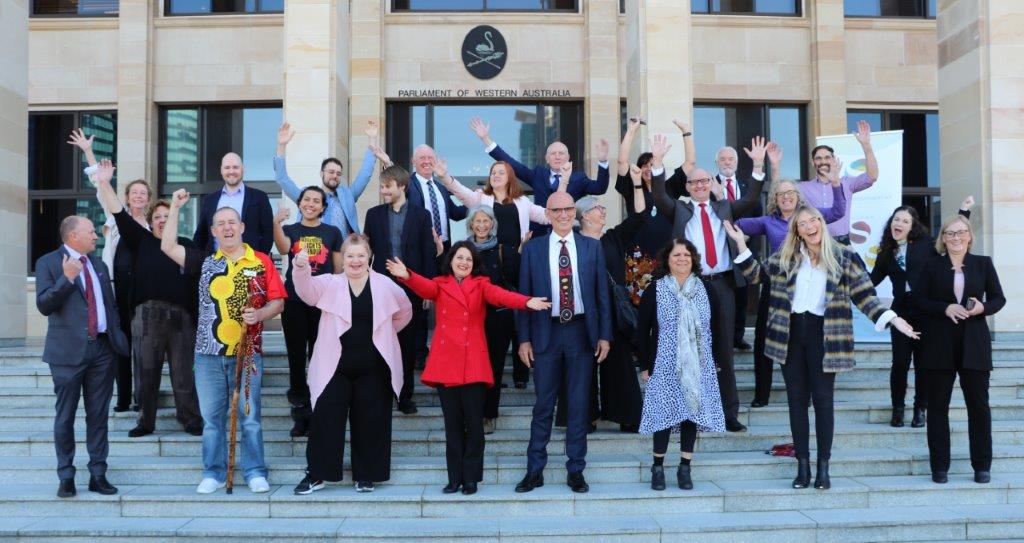Campaigners are celebrating new laws passing the WA Parliament, effectively ending the imprisonment of Western Australians who can’t afford to pay off fines.
Amendments to the Fines, Penalties and Infringement Notices Enforcement Act finally passed the Legislative Council last night. The Bill was broadly welcomed by multiple political parties, following a four-year campaign by 24 community organisations, including the Uniting Church WA and Uniting WA, under the leadership of Aboriginal led coalition Social Reinvestment WA (SRWA).
“Our old system was fundamentally unfair, made little economic sense, and punished most severely those who did not have the capacity to pay a fine,”According to SRWA Campaign Co-ordinator Sophie Stewart.
“We imprison these people at a cost of $770 a day, despite cutting out their fines at a rate of just $250 a day. Now that the legislation has passed, anyone currently in prison for unpaid fines will be freed, and existing Warrants of Commitment will be cancelled,” Sophie noted.
Even as the COVID-19 crisis began in WA in mid-March, 48 individuals were issued Warrants of Commitment for unpaid fines, as was required by WA’s previous legislation.
SRWA Co-Chair Glenda Kickett emphasised the over-representation of Aboriginal people amongst those jailed for fine default.
“Many people jailed for being unable to pay their fines were living in poverty, with women also adversely impacted,” she said. “Aboriginal people were significantly over-represented in this group, leading to tragic outcomes.
“Ultimately, fine default led to the untimely death in custody of Ms Dhu in 2014 in a South Hedland cell, detained by police for just over $3000 in unpaid fines. The findings of the coronial inquest into Ms Dhu’s death led to several recommendations which SRWA strongly advocated for.”
SRWA also looked to other states, specifically NSW and Queensland, to build a case for legislative changes already proven to work.
“Following months of consultation with Social Reinvestment WA and member organisations, we are pleased the new legislation includes common sense alternatives for people who cannot pay their fines,”said Sharryn Jackson, Member of the SRWA Board and Executive Director of Community Legal WA.
These key changes include:
- Establishing genuine alternative options for disadvantaged people living in hardship to earn off their fines, through a Work and Development Permit Scheme
- Creating a fairer system, where prison terms can only be handed out by a Magistrate or Judge, not by a government agency (the Fines Enforcement Registrar)
- Ending the detrimental impact of license suspensions on people in remote communities and regions, who have no other options for getting around.
“We particularly welcome the adoption of our recommendation to acknowledge the impact of hardship on an individual’s capacity to pay a fine.” Sharryn said. “The Attorney-General is to be congratulated for his changes to the legislation to protect people in our community who can demonstrate genuine hardship, with the introduction of a Statutory Principle of Hardship.”
Geoff Bice, Social Justice Consultant for the Uniting Church WA, said this is a welcomed move.
“The Uniting Church has been involved in campaigns over many years calling for a justice system that is focused on prevention rather than punishment. There are many changes still needed, but this is a great move forward that will have real world outcomes for some of the most vulnerable people in our community,” Geoff said.
The legislative amendments bring WA into line with every other state, will reduce Aboriginal over-representation in WA’s prisons, generate economic savings for our state, and create a fairer justice system for all people.
